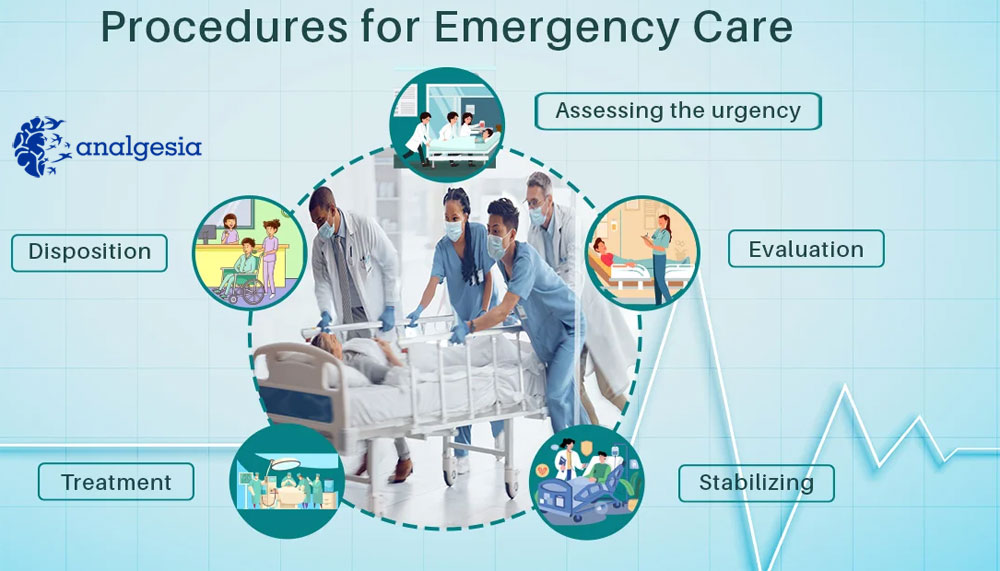Our Emergency Care Service
Our first contact health workers treat children and adults with medical, surgical and obstetric emergencies, including injuries, sepsis, heart attacks and strokes, asthma and acute complications of pregnancy.
Many proven health interventions are time-sensitive. Emergency care is an integrated platform for the provision of accessible, high-quality, time-sensitive health services for acute illness and injury across the life course.
Integrated emergency services facilitate the timely recognition, treatment management and, if necessary, further treatment of the acutely ill at the appropriate level of the health system.
Critical care is the continuous, intensive treatment of patients with life-threatening illness or injury who require close, continuous monitoring and support. Care is usually provided in critical care units (e.g. intensive care units or high dependency units).
Critically ill patients often require advanced medical equipment and therapies, intravenous drugs to support heart function or blood pressure, and continuous monitoring of vital signs.
More than half of deaths and more than a third of disabilities in low- and middle-income countries could be prevented by providing effective emergency and critical care.
Prioritizing an integrated approach to the early recognition, resuscitation, treatment and prevention of complications of acute illness reduces morbidity and mortality from a wide range of conditions across the life course.










